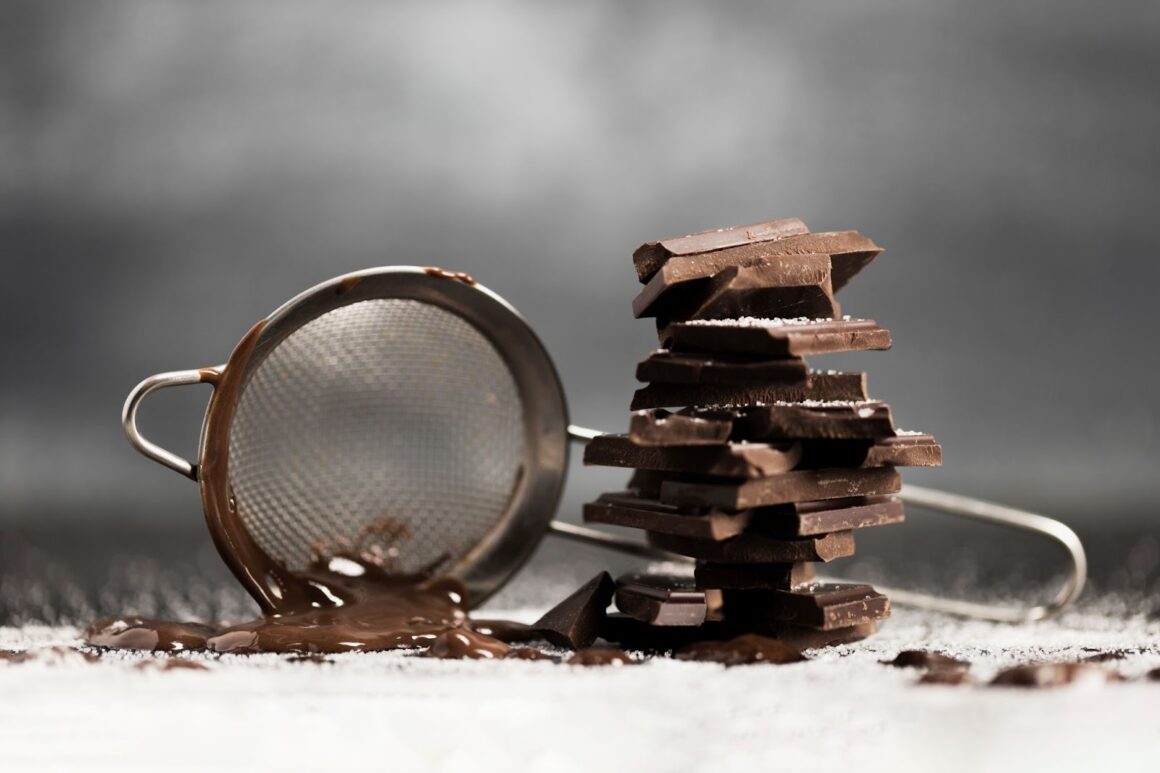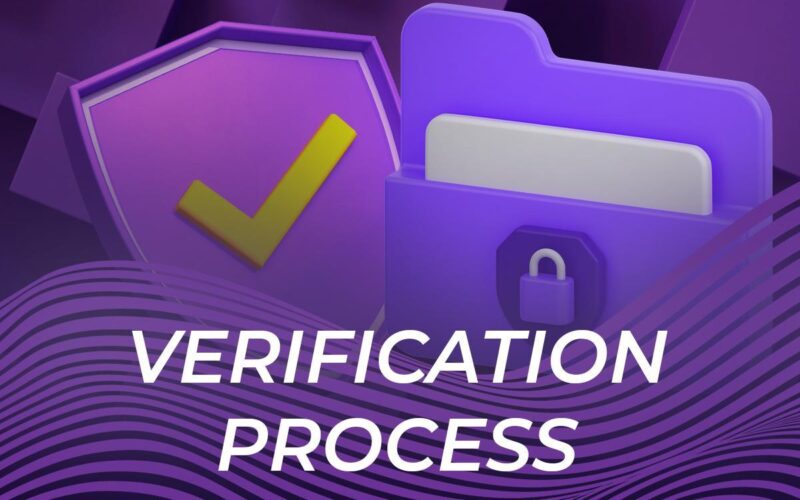
Technology has rewritten the very rhythm of our lives, hasn’t it? It hums beneath our fingertips, whispers in our pockets, and guides decisions we no longer realize we’re making. It is not in vain that they call it the greatest human experiment of this century. Mark these words and think about them thoroughly. Anyway, from the way we communicate to how we create, heal, trade, and even dream, technology has dissolved boundaries once thought to be immovable. It has redefined distance, democratized information, and birthed new forms of value from invisible code. Yet beneath the glow of progress, one might wonder whether innovation has truly touched every corner of the human story, or are there realms still untouched by its precision and promise?
Take cocoa, for instance, the unassuming seed that sweetens the world’s desires,the poignant strategy of individuals so fervently yearning for absolution. Its story today is not one of abundance but of crisis. Climate change, aging trees, exploitative labor, and disease have conspired to make cocoa scarcer, its price soaring, its farmers struggling. In West Africa, where most of the world’s cocoa grows, the soil itself seems to echo exhaustion.
And so, a strange question emerges at the intersection of silicon and soil:
Can technology, the same force that built virtual empires, rescue a crop born of earth and tradition? Perhaps this is where our next frontier lies, not in conquering new worlds, but in saving the ones that feed us. What do you think? Aren’t you at least a little curious to find out more?

A World Running Out Of Chocolate?
If we were to present the circumstances straightforwardly, disregarding the typical sugarcoated approach media uses so deliberately, you should know that the chocolate supply chain is weathering its darkest season, comparably worse than the perils not immediately visible with which it has been riddled before. If the cards fall your way and you find a cocoa wholesale in these troubled times, do not hesitate. It might be your best shot; you cannot afford to lose it, not under such an uncertain unfolding of events, where risks are relentlessly increasing for the industry itself. The Ivory Coast, Ghana, and Indonesia, all names that might come to mind when assessing the leaders in global cocoa production, have all deteriorated significantly, largely due to overlapping environmental and societal challenges. At Ofi, you can still find good opportunities; however, even the strongest threads may fray with time, particularly when not approached accordingly.
The system has no choice but to embrace technological intervention.
Cocoa 2.0, Reprogramming The Future Of Chocolate
What does one do when it is increasingly clear that technology can optimize, predict, and safeguard; however, it cannot replace the patience, intuition, and hard work of the farmer? Does it settle? Does it deny the potential intertwining? Does it refuse to at least give it a shot? Nobody says that nature should ever be conquered. But doesn’t it deserve the chance to learn the steps of dancing with innovation? It must not be a perfect tango. They will stumble across one another, at least at the very beginning. As long as technology is not entered as a blunt instrument, this is our best shot. Farming by intuition is fine, but it is outdated and no longer suitable in light of everything happening around us.
Could traditional agriculture ever map every leaf, pod, and drop of moisture? No, it is precision agriculture that enables this, allowing it to ultimately predict diseases before they spread. Stop fighting it. When drones can soar over fields like mechanical sentinels, why would we opt for antiquated methods? They are old for a reason, you know. Some patterns are utterly unattainable from an earthly vantage point. Moreover, as we find ourselves in the epoch of blockchain technology, why not let it trace every bean, from pod to bar, ensuring ethical sourcing and fair compensation? As for AI, its capacities to learn the flavor profiles of cocoa, guide fermentation, and roast to unlock nuances previously lost to chance are not even debatable.
The Digital Rainforest
In Ghana, pilot programs already exist that map cocoa farms with almost obsessive precision, checking every plot to ensure no trees are cut down illegally, while offering certainty that the cocoa grown today can withstand international scrutiny. Furthermore, governments and companies also rely on this data to prevent deforestation, trace every step of the supply chain, and guide conservation efforts.
However, with all this comes a gnawing question: who really owns this information, and the communities that’ve lived with the forest for generations? For this reason, the Digital Rainforest is a fragile negotiation, one between watching and respecting, between efficiency and responsibility. It is a tool that, if we’re not careful, can forget the humans it is meant to serve. This is the worst thing that could ever happen.
Chocolate Without Borders
It is already happening, folks! Data has become the invisible thread linking farmers in remote villages to chocolate lovers worldwide. What a faithful relationship. Faithful, yes, a word too often used yet rarely honored accordingly. Who would have thought that mobile apps would be the ones to remind us about integrity? They now give farmers real-time market prices, updates, and cultivation guidance. In Ghana, platforms like Trace X enable the monitoring of every stage of production, allowing farmers to be paid fairly and their labor to be recognized.
“Farmers can be paid fairly and their labor recognized”. One might ask now, what does it have to do with the cocoa crisis? The cocoa crisis is not just an economic problem, but also a humanitarian one. Millions of smallholder farmers face poverty, malnutrition, and the daily uncertainty of climate and disease. While technology can illuminate almost everything related to supply chains and optimize yields, at heart, the data is more than just numbers; it becomes a lifeline.
We hope you enjoyed this article. See you next time!






